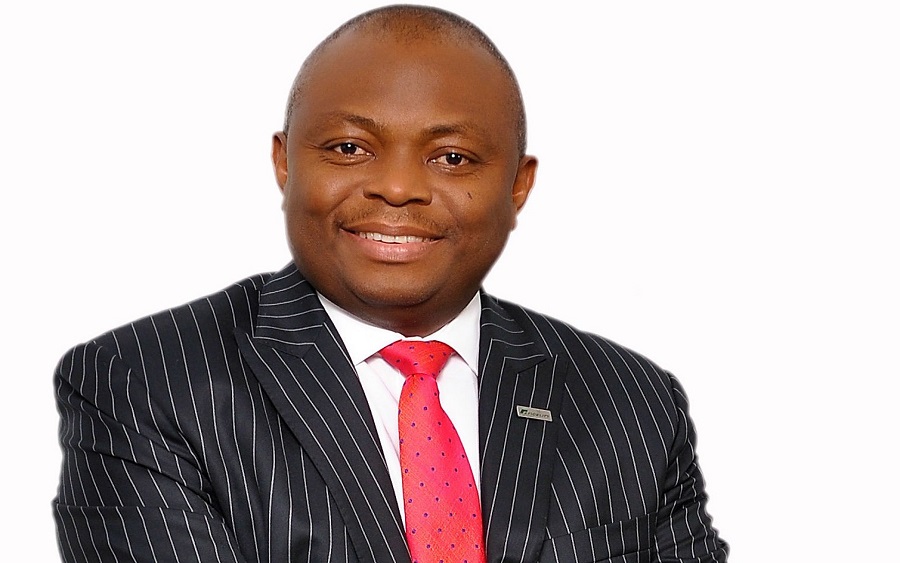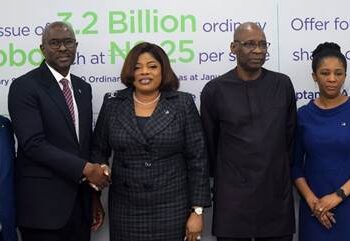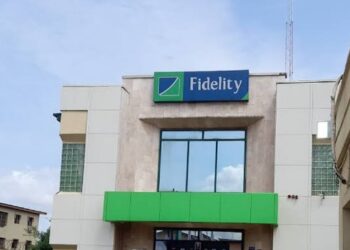Double-digit Growth in Gross Earnings and Profit
Fidelity Bank Plc continued its decent run in 2019, recording double-digit growth in gross earnings (+15.87%), driven by growths across its income streams; Interest income (+12.22%) and non-interest income (+13.06%).
Although the average yield on earning assets remained flat at 13.80%, an increase in the value of earning assets pushed interest income to NGN135.12 billion, while non-interest income benefitted from NGN2.42 billion gains on disposal of fixed assets as well as an increase in fees and commission income (+27.83%). The bank also recorded an uptick in its cost of funds (6.70%, Vs. 6.20% in 9M:2018) owing to increased competition for cheap deposits; which led to a decline in its CASA mix to 78.76% (vs. 81.61% in 9M:2018).
Consequently, the Net Interest Margin trended down by 70bps to 6.00%, the lower band of its 2019FY target. The growth in operating income (+14.53%) barely outpaced the growth in operating cost (+14.48%) as the cost to income ratio settled at 71.70%.
Nonetheless, the bank recorded a PAT growth of 20.19% to NGN21.46 billion. Given its aggressive asset expansion, we revised our growth forecast for 2019FY and our forecast lies thus; gross earnings (+14.16%), interest income (+17.14%), non-interest income (+11.30%), and interest expenses (+16.10%).
Earnings Supported by Writeback
In the year, the bank has been enjoying writebacks with the reconstruction of some loan facilities, Fidelity bank recorded a loan writeback of NGN1.45 billion in the third quarter, bringing the total writebacks in 2019 to NGN3.29 billion. The writebacks recorded in the year have been effective at bringing the cost of risk within its 2019FY guidance of 1.25%, bringing the bank’s ROE (13.80%) within the reach of its 2019FY ROE guidance of 13%.
Loans Reach a New Landmark at NGN1 trillion
Stemming from its objective to foster loan growth in the year, the bank intensified lending efforts, as its loan books hit the NGN1 trillion landmark for the first time. Its growth strategy comes at a good time when regulatory bodies support the increased need for real sector loans. Consequently, with a loan to deposit ratio of 96.21%, the bank is safe and above the minimum loan to deposit ratio of 65%. Also, the bank has intensified its funding efforts as deposits increased by 13.99% to NGN1.12 trillion.
[READ MORE: Nigerian Breweries: Lower profit estimates on higher Opex; HOLD rating retained]
We noticed the fast growth in term deposits (+31.59%) as against savings deposit (+9.17%). In our opinion, we believe this helps to reduce the maturity difference between the consumer loans created and funds fueling them. Savings deposit has a shorter lifecycle, making them less suitable for funding loans; while debts, although they have a longer lifespan, are more expensive than term deposits. Hence, we believe this is a good medium to pursue in the meantime.
Also, other prudential ratios remain within bounds from a regulatory standpoint with CAR (16.40%), and liquidity ratio (32.60%) and Non-Performing Loans (NPL) Ratio at 4.80% (vs. 5.70% in 2018FY). Notably, the bank has exceeded its 2019 loan to deposit guidance (7.50% to 10%) and we expect to see a slowdown in risk asset expansion in the last quarter as the bank fortifies its growth pace to ensure an impressive result by the end of the year.
Recommendation
Following our review of the bank’s financial performance and position as at 9M:2019, we revised our outlook on the bank. We raised our expected 2019 EPS to NGN0.95 from NGN0.83 and revised our target P/E of 2.44x, bringing our 2019 target price to NGN2.32.

________________________________________________________________________
CSL STOCKBROKERS LIMITED CSL Stockbrokers,
Member of the Nigerian Stock Exchange,
First City Plaza, 44 Marina,
PO Box 9117,
Lagos State,
NIGERIA.






















